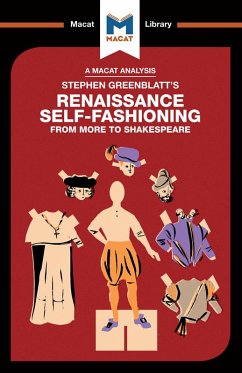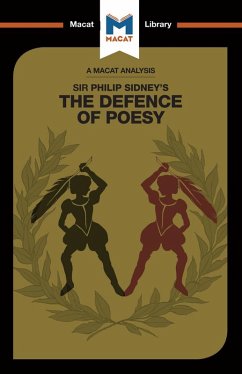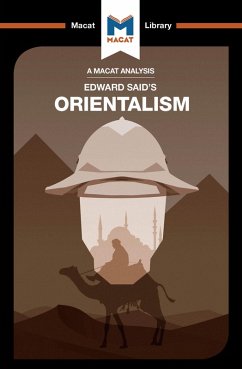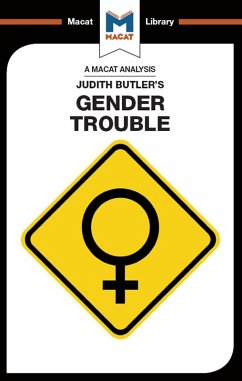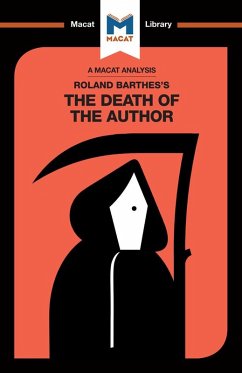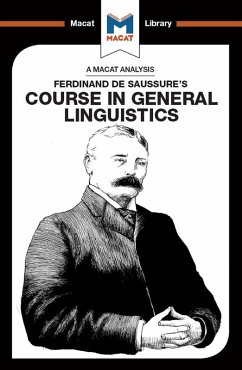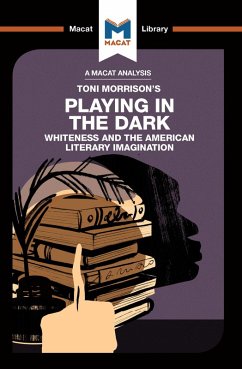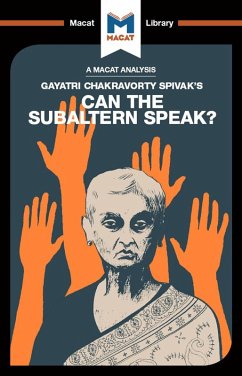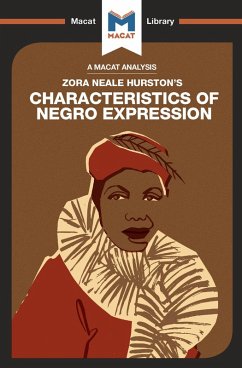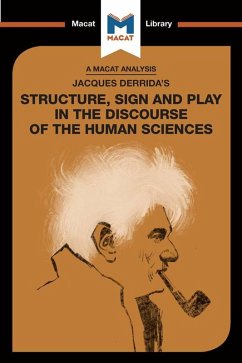
An Analysis of Stephen Greenblatt's Renaissance Self-Fashioning (eBook, ePUB)
From More to Shakespeare

PAYBACK Punkte
4 °P sammeln!
What is a self? Greenblatt argues that the 16th century saw the awakening of modern self-consciousness, the ability to fashion an identity out of the culture and politics of one's society. In a series of brilliant readings, Greenblatt shows how identity is constructed in the work of Shakespeare, Marlowe, Spenser and other Renaissance writers. A classic piece of literary criticism, and the origins of the New Historicist school of thought, Renaissance Self-Fashioning remains a critical and challenging text for readers of Renaissance literature.
Dieser Download kann aus rechtlichen Gründen nur mit Rechnungsadresse in A, B, BG, CY, CZ, D, DK, EW, E, FIN, F, GR, HR, H, IRL, I, LT, L, LR, M, NL, PL, P, R, S, SLO, SK ausgeliefert werden.




